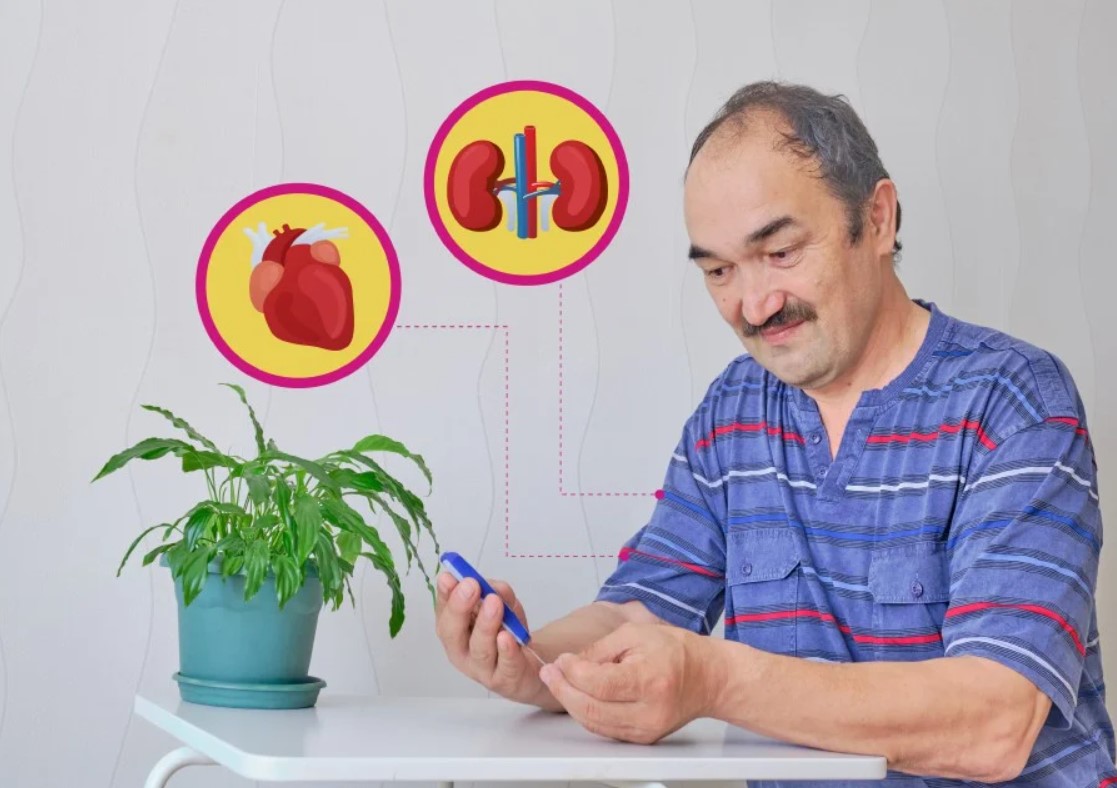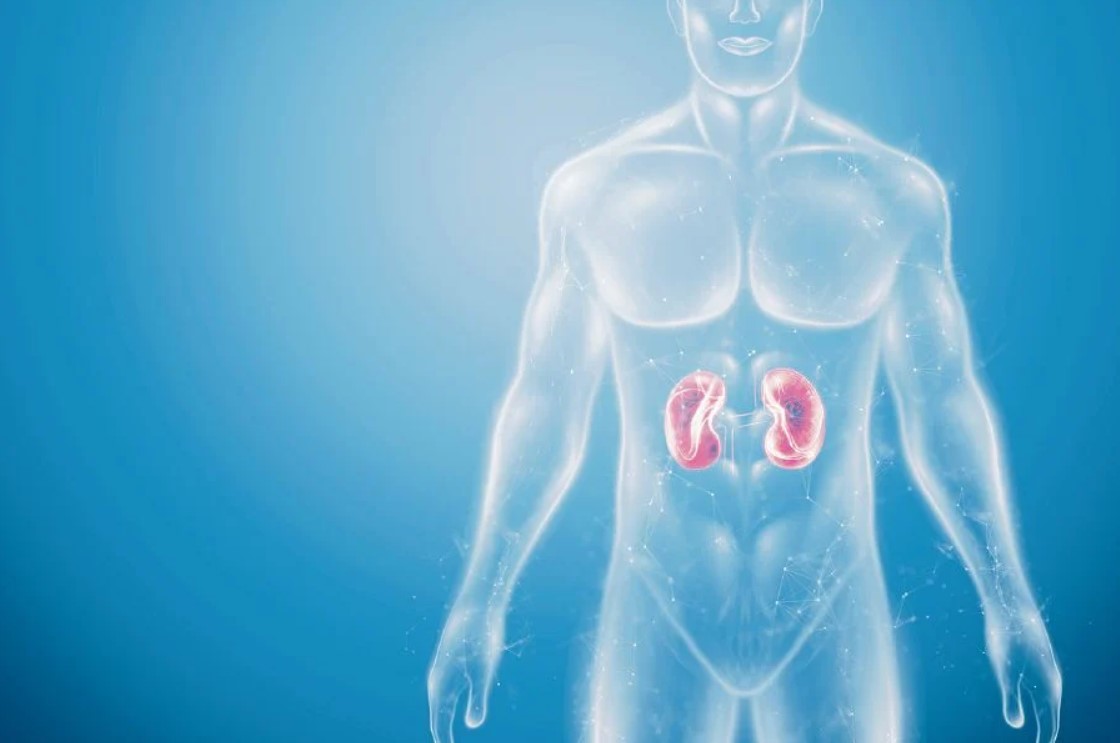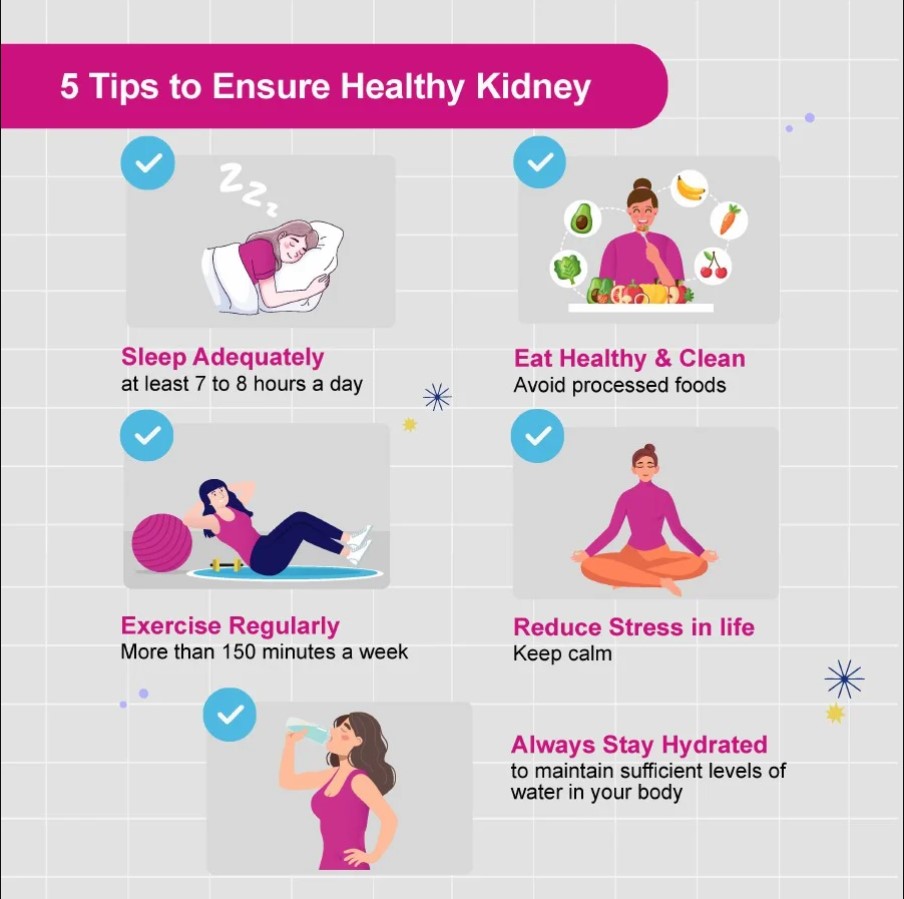#HEALTH: Not the sweetest news for Malaysians
DIABETES is known as a "family disease". This means a diagnosis may affect the entire family. If you have a family history of diabetes, you are more likely to have pre-diabetes and develop diabetes. According to the National Health and Morbidity Survey 2019 (NHMS 2019), one in five adults in Malaysia has type 2 diabetes.
Malaysia also has the highest prevalence of diabetes in Southeast Asia. The high incidence of overweight and obese people, even children, a sedentary lifestyle and very imbalanced diet (high in calories and low in fibre) are the main contributors to the rise of diabetes in Malaysians.
By 2025 (and that's only three years away), Malaysia may have more than three million new diabetes patients. This number may exhaust our healthcare system and the country will be unable to afford the cost of diabetes care, unless the incidence and complications are reduced.
Diabetes has been in our community for a long time but of late, it seems to be affecting younger people. As such, there is a need for prevention strategies to slow down the rising numbers.

By 2025, Malaysia may have more than three million new diabetic patients.
Diabetes is a long-lasting disease and it can't be reversed. It often leads to other non-communicable diseases, such as kidney and cardiovascular diseases. When diabetes is not properly controlled, it can cause a multifaceted attack on our organs, which include endothelial dysfunction, disruptive hormonal activation, oxidative stress, inflammation and many more.
FAR-REACHING IMPACT
However, two diabetes complications that are most complex are heart and kidney diseases. Diabetes is an integral part of what we now know as the cardio-renal-metabolic syndrome, which starts off with inflammation of the endothelial cells in the blood vessels and leads to serious organ damage.
Both kidney and cardiovascular diseases are usually silent in diabetes, but when they manifest clinically, the damage will already be significant. People with diabetes are four times more likely to develop heart disease and approximately one in three adults with diabetes has chronic kidney disease.

Uncontrolled diabetes can have a profound effect on the kidneys.
Based on the Malaysia Dialysis and Transplant Registry report 2018, 69.2 per cent of end-stage kidney disease cases are caused by diabetic kidney disease (DKD). Malaysia has the highest prevalence of kidney failure due to diabetes in the world.
As diabetes can be insidious, symptoms tend to come late. In the context of kidney disease, it could present rather subtle symptoms such as frothy urine, lethargy, urine breath, reduced appetite or leg swelling.
Other organs that may be affected by kidney disease include the eyes, with symptoms such as blurring of vision and for the heart, it can manifest as lethargy, breathlessness and reduced stamina.
In a patient with DKD, mortality and cardiovascular disease rates increase exponentially. Patients with DKD are more likely to die before reaching end-stage kidney disease. If the patient does reach the end stage of kidney disease, they would need a form of renal replacement therapy, which includes kidney transplant or dialysis.
These patients would need to monitor their comorbidities closely with their doctors, which include hypertension, obesity, hypercholesterolemia and smoking. All these are mercenaries of death, together with diabetes.
DAMAGE TO KIDNEYS
Diabetes causes chronic damage to the kidneys. Generally, this type of damage is irreversible. But there is a silver lining in this as we are living in an exciting decade of new drug discoveries which are beneficial to diabetic kidney disease.
Healthcare professionals will usually advise asymptomatic diabetic patients to go for kidney and heart disease screening. It is because these diseases usually develop silently and patients do not have symptoms until at a later stage.
The moment our kidneys are unable to work properly, signs like uncontrolled blood pressure, lethargy, frothy urine, fluid overload manifesting as swelling of the legs, breathlessness when water goes to the lungs, anaemia (lack of blood) and bone pain might be present.
To ensure kidneys stay healthy, we should get adequate sleep (at least seven to eight hours a day), eat healthily and exercise regularly (more than 150 minutes a week), reduce stress in life and always stay hydrated.
With these lifestyle changes, we can be hopeful of reversing the trend of diabetes incidences and diabetes-related complications among Malaysians. Let us motivate each other towards a healthier lifestyle, healthier families and ultimately, a healthier nation.

Take steps to ensure our kidneys stay healthy.
*The writer is Dr Kenneth Lai, general physician and nephrologist at Bukit Tinggi Medical Centre.
GET TESTED
To encourage Malaysians to work towards a better quality of life, the For Your Sweetheart campaign invites all Malaysians to keep themselves and their loved ones healthy with a free diabetes HbA1c screening at participating clinics nationwide.
This initiative is supported by Boehringer Ingelheim in partnership with the Malaysian Endocrine and Metabolic Society, Malaysian Diabetes Educators Society and Persatuan Diabetes Malaysia.
Log on to www.foryoursweetheart.my to register for the free screening or to learn more about diabetes. The free screening will be ongoing until Dec 31.
Source New Straits Times





